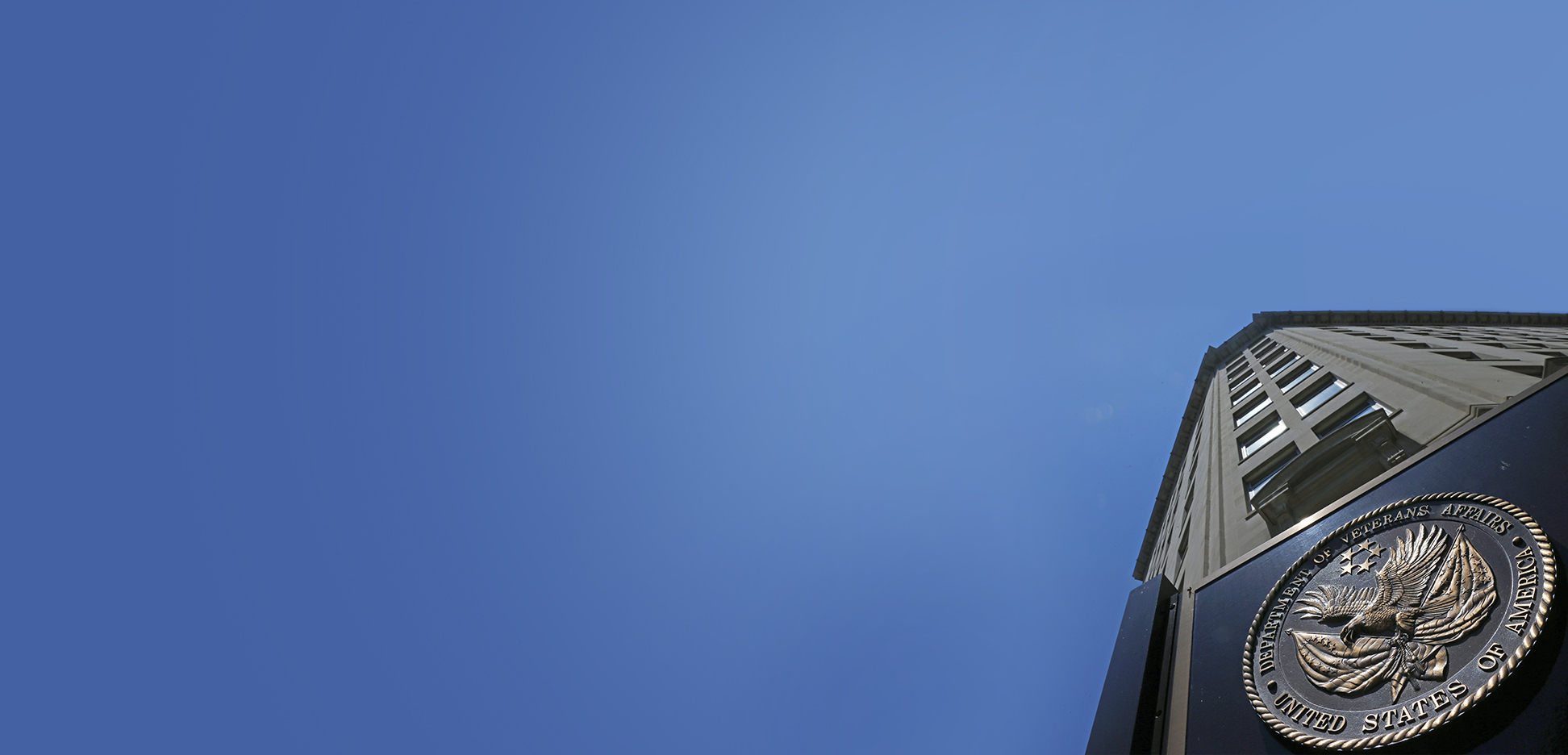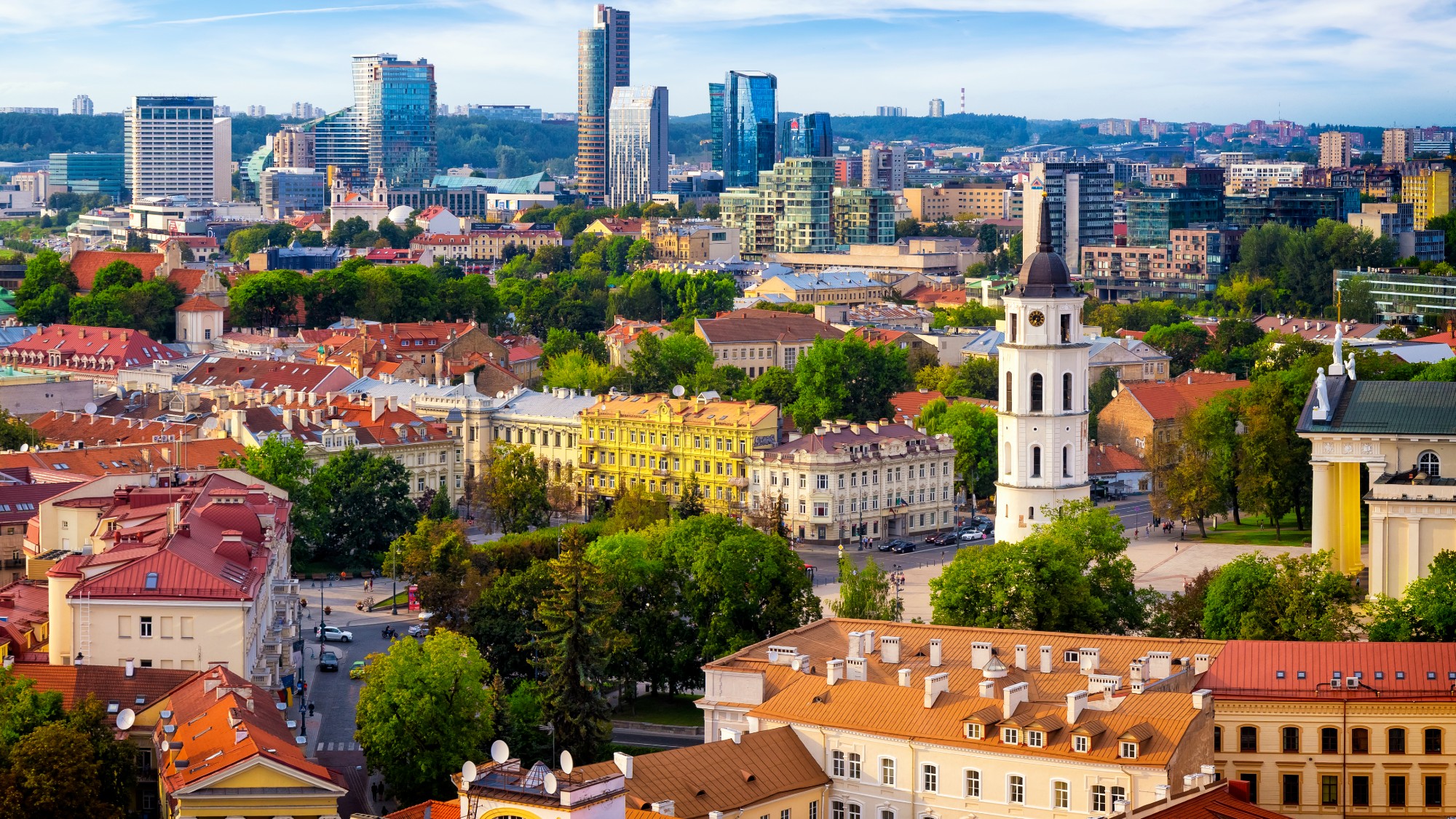The crisis at Veterans Affairs
Every president says we must do more to care for veterans. What's stopping them?

Every president says we must do more to care for veterans. What's stopping them? Here's everything you need to know:
What's gone wrong?
The Department of Veterans Affairs is struggling to meet its extremely ambitious mission. The massive agency's 350,000 employees provide medical care to 9 million vets at 170 hospitals and about 1,060 outpatient sites. Once veterans get to see a doctor, most of them rate the system's care as "good to excellent"; the VA's medical staff specializes in state-of-the-art treatment for spinal cord injuries, amputations, burns, post-traumatic stress disorder, and other serious injuries. But the department has long been overwhelmed by its patient load and hampered by paperwork and red tape. As a result, veterans can wait weeks or even months for treatment. The VA is now caught in a power struggle over whether to privatize the care of veterans: In March, President Trump fired Secretary of Veterans Affairs David Shulkin, who was resisting more privatized care and tried to replace him with White House physician Ronny Jackson, who had to withdraw because of allegations of misconduct. Though Trump has nominated acting Secretary Robert Wilkie to the top job, many senior officials have left the agency amid the crisis in leadership. "I've been doing this 30 years, and it's the worst it's ever been," said Dr. Murray Altose, who recently retired as chief of staff at a VA hospital in Cleveland.
The Week
Escape your echo chamber. Get the facts behind the news, plus analysis from multiple perspectives.

Sign up for The Week's Free Newsletters
From our morning news briefing to a weekly Good News Newsletter, get the best of The Week delivered directly to your inbox.
From our morning news briefing to a weekly Good News Newsletter, get the best of The Week delivered directly to your inbox.
When was the VA created?
It began as the Veterans Bureau in 1921, created by President Warren Harding and Congress to care for neglected veterans of World War I. From the start, the department has been plagued by scandals and complaints of inefficiency. The bureau's first director, Charles Forbes, was convicted of embezzlement and kickbacks. In 1947, after thousands of WWII vets failed to receive services, a government commission uncovered enormous waste, duplication, and inadequate care in the VA system and called for major reforms. In 1984, investigators found that the VA had failed to spend $40 million approved by Congress for Vietnam veterans. More recently, the VA has struggled with outrageously long waiting lists, even for basic treatment.
Why the backlog?
The wars in Afghanistan and Iraq increased the number of VA patients by nearly 2 million. Many suffer from post-traumatic stress disorder or serious physical injuries. Though the department employs 20,000 physicians, there are often not enough to deal with the huge patient load, and the VA's size makes it slow to react to staffing vacancies. Veterans groups say Congress deserves some of the blame, since it made the approval process for benefits maddeningly complicated.
A free daily email with the biggest news stories of the day – and the best features from TheWeek.com
Have there been reform efforts?
Many. During the 1990s, the VA began using performance data to monitor the timeliness of care. But that resulted in some VA hospital staffers fudging data to hide continuing delays. In 2014, an investigation found a secret list at a VA hospital in Phoenix revealing that 1,700 veterans had waited an average of 115 days for an initial primary care appointment, rather than the target of 14 days. The report said the problem was "systemic" and counted 93 VA medical facilities with falsified waiting lists. At a subsequent congressional hearing, Rep. Jackie Walorski (R-Ind.) cried, "This is an outrage! This is an American disaster!"
Did the outrage bring change?
Some. Veterans Secretary Eric Shinseki resigned. By a bipartisan vote, Congress passed the Choice Act in 2014, which provided $10 billion for veterans to receive care from private doctors. Under the program, vets who have to wait more than 30 days for a doctor's appointment or live more than 40 miles from a VA facility can get private-sector care at taxpayer expense. Now 1 million vets each year utilize Choice. But in 2016, a congressional commission found the Choice Act had actually "aggravated wait times and frustrated veterans," because of its confusing eligibility requirements and long delays in payment to doctors. "The Choice program has been a wreck," said Sen. Jon Tester (D-Mont.). "Every veteran will tell you that."
Is privatization the future?
Trump has aligned himself with Concerned Veterans for America, a group backed by the libertarian Koch brothers. Although the CVA avoids the word "privatization," it seeks to dramatically expand Choice. Veterans view this with suspicion: A poll by the Veterans of Foreign Wars found that 92 percent of vets would rather see the current system improved than dismantled and turned over to private doctors, who, they say, often lack the expertise to treat veterans' unique problems. But in a bipartisan compromise, Congress last week approved a bill that would provide $5.2 billion to keep the Choice program running for another year, as part of a comprehensive, $52 billion reform bill to review the VA's performance, consolidate its facilities, and institute needed reforms. Dr. Robert Pearl, a Stanford University professor and former VA doctor, said that the partisan battle over privatizing care should not get in the way of fixing the VA itself. "Those who have risked their lives to fight for our freedom and democracy deserve outstanding medical care," Pearl said. "I believe it's our government's job to make that possible."
A veteran left behind
Charlie Grijalva served 18 months in Afghanistan and a year in Iraq. He was diagnosed with PTSD while still in the Army, and when he came home in 2014, began having suicidal thoughts. He was helped by care from the VA, including a prescription. But Grijalva lived with his wife and two young children about two hours from the San Diego VA hospital, which had some of the worst patient backups in the country, and had a hard time seeing a doctor. In the summer of 2014 Grijalva's psychiatrist left the VA, and he was transferred to a nurse practitioner. He missed an appointment in September, but the new provider agreed to refill his prescription over the phone. At some point, his medication ran out and his mood darkened. A few days before Christmas, Grijalva hanged himself, hours after texting his wife "I love you" and saying that his family would be better off without him. "I don't want to put my kids through this," Grijalva said.
-
 ‘Admin night’: the TikTok trend turning paperwork into a party
‘Admin night’: the TikTok trend turning paperwork into a partyThe Explainer Grab your friends and make a night of tackling the most boring tasks
-
 Find art, beautiful parks and bright pink soup in Vilnius
Find art, beautiful parks and bright pink soup in VilniusThe Week Recommends The city offers the best of a European capital
-
 Greenland: The lasting damage of Trump’s tantrum
Greenland: The lasting damage of Trump’s tantrumFeature His desire for Greenland has seemingly faded away
-
 The billionaires’ wealth tax: a catastrophe for California?
The billionaires’ wealth tax: a catastrophe for California?Talking Point Peter Thiel and Larry Page preparing to change state residency
-
 Bari Weiss’ ‘60 Minutes’ scandal is about more than one report
Bari Weiss’ ‘60 Minutes’ scandal is about more than one reportIN THE SPOTLIGHT By blocking an approved segment on a controversial prison holding US deportees in El Salvador, the editor-in-chief of CBS News has become the main story
-
 Has Zohran Mamdani shown the Democrats how to win again?
Has Zohran Mamdani shown the Democrats how to win again?Today’s Big Question New York City mayoral election touted as victory for left-wing populists but moderate centrist wins elsewhere present more complex path for Democratic Party
-
 Millions turn out for anti-Trump ‘No Kings’ rallies
Millions turn out for anti-Trump ‘No Kings’ ralliesSpeed Read An estimated 7 million people participated, 2 million more than at the first ‘No Kings’ protest in June
-
 Ghislaine Maxwell: angling for a Trump pardon
Ghislaine Maxwell: angling for a Trump pardonTalking Point Convicted sex trafficker's testimony could shed new light on president's links to Jeffrey Epstein
-
 The last words and final moments of 40 presidents
The last words and final moments of 40 presidentsThe Explainer Some are eloquent quotes worthy of the holders of the highest office in the nation, and others... aren't
-
 The JFK files: the truth at last?
The JFK files: the truth at last?In The Spotlight More than 64,000 previously classified documents relating the 1963 assassination of John F. Kennedy have been released by the Trump administration
-
 'Seriously, not literally': how should the world take Donald Trump?
'Seriously, not literally': how should the world take Donald Trump?Today's big question White House rhetoric and reality look likely to become increasingly blurred